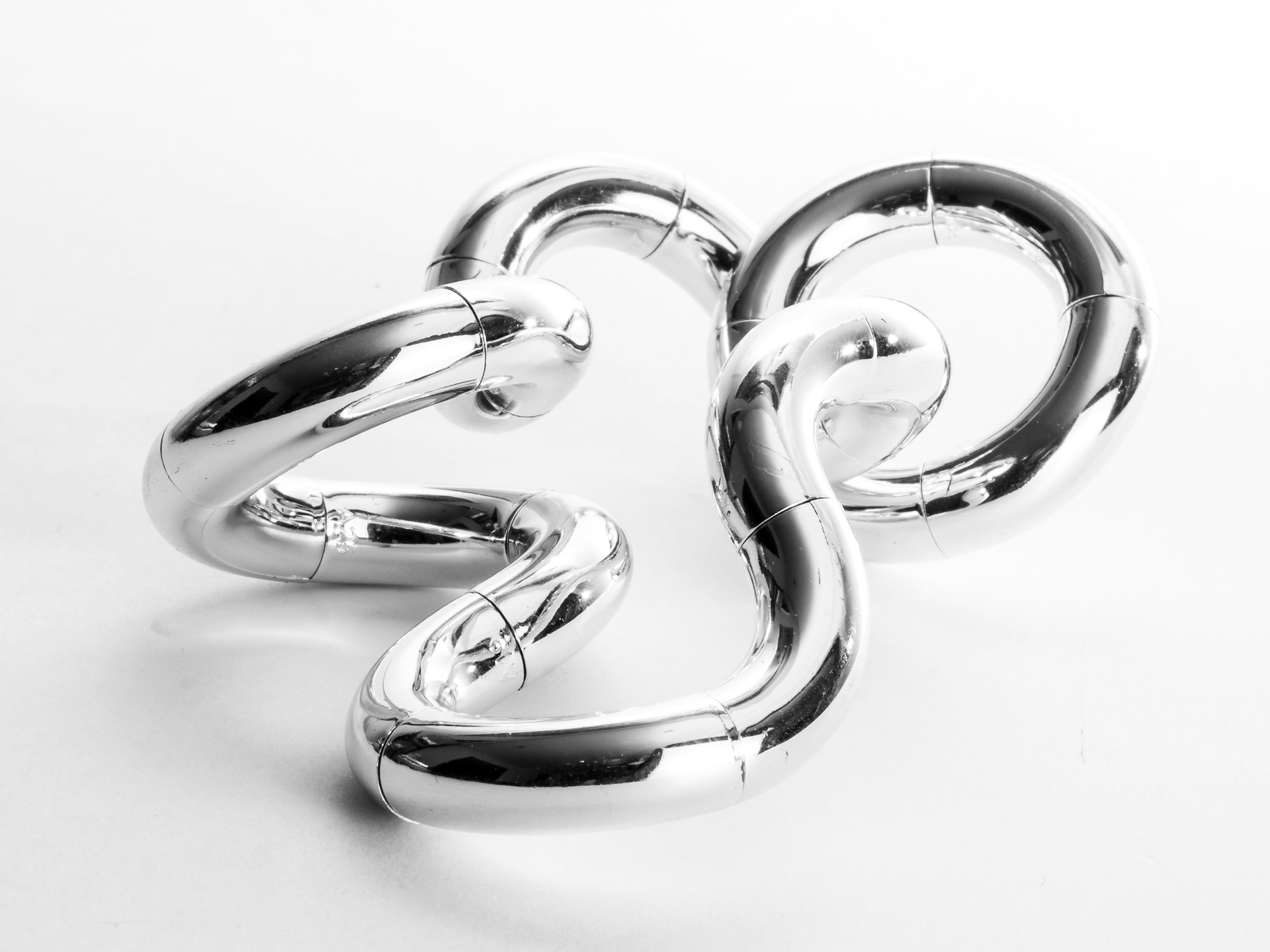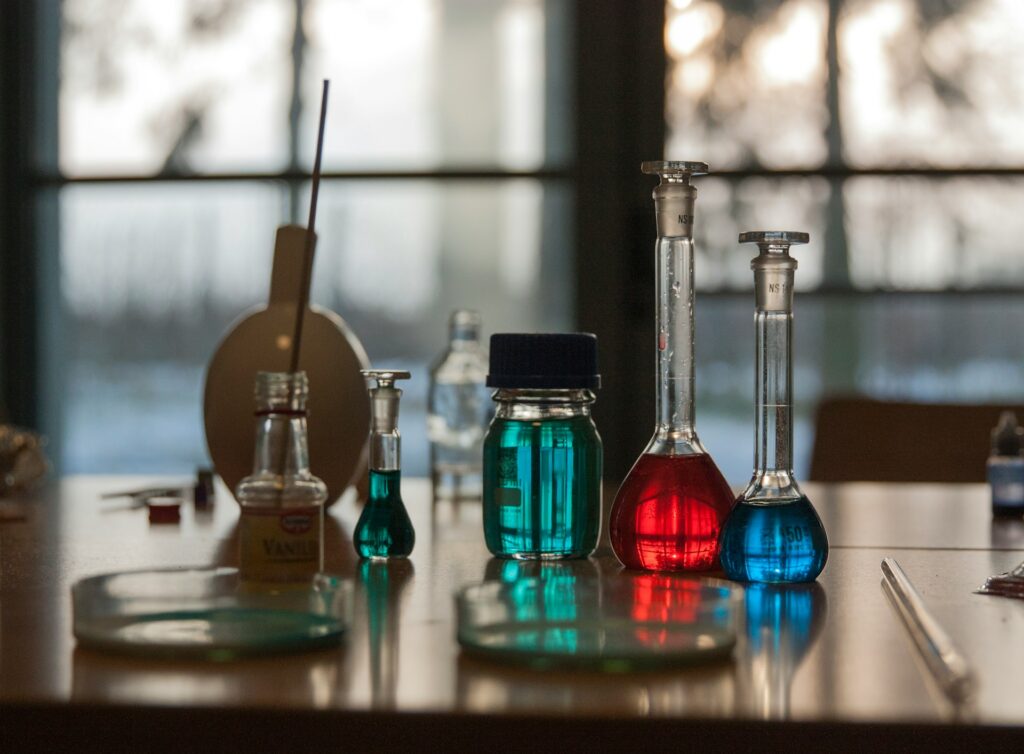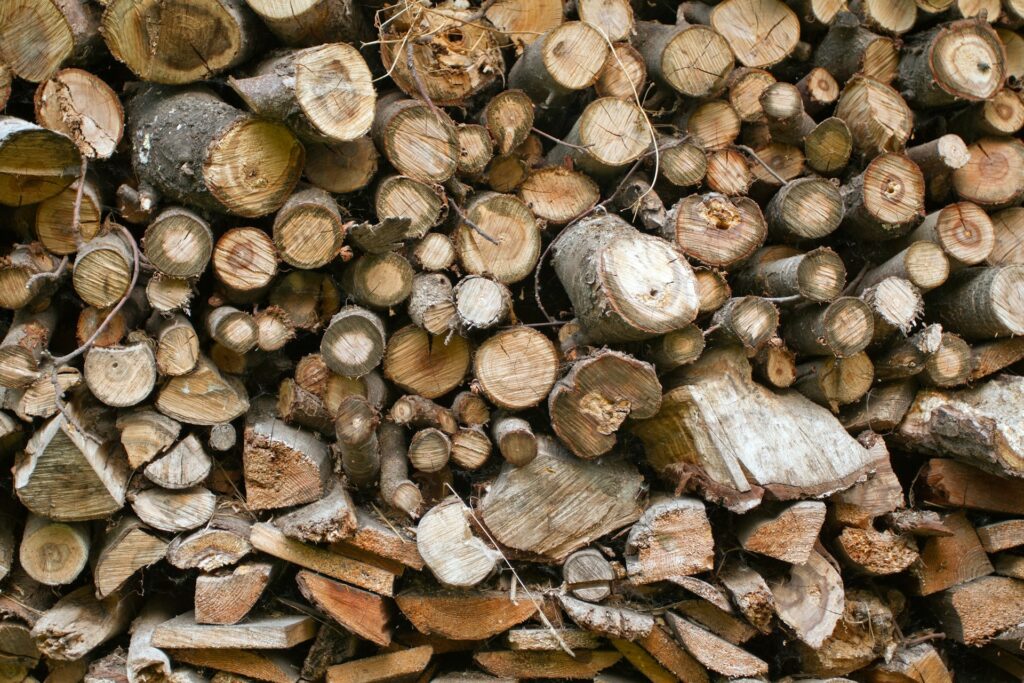Researcher Anže Zupanc from the University of Helsinki and the University of Birmingham, in collaboration with the University of Jyväskylä, have developed an innovative method for recovering silver from electronic waste using common fatty acids and hydrogen peroxide. This approach offers a sustainable alternative to traditional silver extraction processes, which often rely on harsh chemicals and generate significant environmental hazards.
Zupanc, A., Install, J., Weckman, T., Melander, M. M., Kemell, M., Honkala, K., & Repo, T. (2025). Sustainable urban mining of silver with fatty acids. Chemical Engineering Journal, 512, 162129. https://doi.org/10.1016/j.cej.2025.162129
Despite the widespread use of silver in electronics, less than 20% of the metal produced annually is recycled. The increasing demand for silver in technologies such as solar panels, coupled with the rising cost of silver over the past 25 years, underscores the need for more efficient and environmentally friendly recycling methods. This new technique responds directly to that challenge by using oleic, linoleic, and linolenic acids combined with a 30% aqueous hydrogen peroxide solution to dissolve silver under mild conditions. In this system, the fatty acids serve not only as solvents but also help stabilize the silver ions, facilitating their extraction.
Once dissolved, silver can be separated from the unreacted fatty acids through the addition of ethyl acetate, forming silver carboxylates. These carboxylates can then be reduced to metallic silver using a light-assisted reduction reactor, producing pure silver efficiently and safely. The fatty acids themselves can be recycled for reuse, further enhancing the sustainability of the process.
Researcher Anže Zupanc from the University of Helsinki and the University of Birmingham stated,
“Recycling silver from waste materials is becoming increasingly important for securing the supply of this precious metal. It is highly desirable to design new sustainable separation and recycling strategies to replace current processes that strain the environment.”
This method offers several advantages over conventional extraction techniques. By avoiding toxic chemicals such as cyanide and strong acids, it reduces potential environmental and health risks. Its reliance on recyclable solvents and mild reaction conditions makes the process safer and more adaptable to both small-scale and industrial applications. Moreover, it contributes to the concept of “urban mining,” recovering valuable metals from electronic waste rather than relying on traditional mining sources.
The research, recently published in the Chemical Engineering Journal, represents a significant step toward more sustainable e-waste recycling practices. As the demand for silver continues to grow, adopting innovative approaches like this one will be critical for meeting industrial needs while minimizing environmental impact.

Adrian graduated with a Masters Degree (1st Class Honours) in Chemical Engineering from Chester University along with Harris. His master’s research aimed to develop a standardadised clean water oxygenation transfer procedure to test bubble diffusers that are currently used in the wastewater industry commercial market. He has also undergone placments in both US and China primarely focused within the R&D department and is an associate member of the Institute of Chemical Engineers (IChemE).



